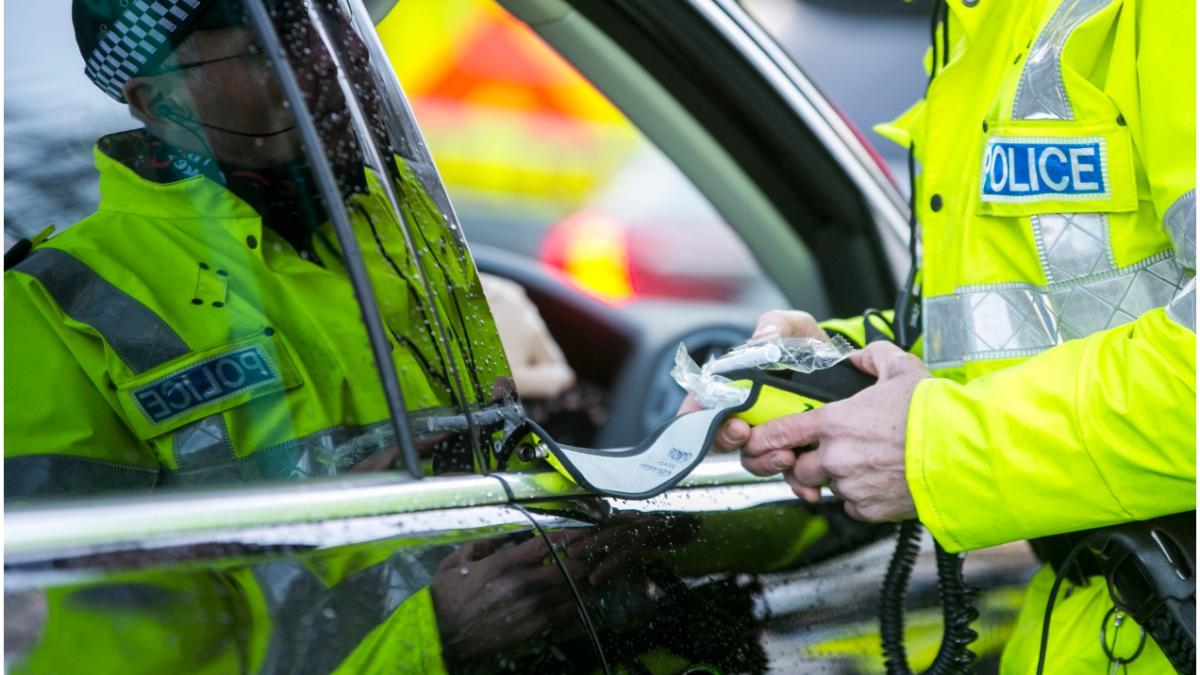
David Heilpern, a recently retired magistrate in NSW, slammed the state’s drug-driving laws as “destructive and ineffective”, in a blistering editorial for the Sydney Morning Herald.
“I can finally say it: Our drug-driving detection laws are beyond doubt the most stupid I have had the unfortunate duty to apply,” he wrote.
Heilpern retired last month at the age of 58, even though he could have continued to serve until the age of 75. The reason? He thought the drug driving laws were so “grossly unfair” that he couldn’t continue to apply them.
Under NSW law, people who are caught driving with drugs in their system lose their licence for at least three months for their first offence.
“These laws penalise on the basis of any detectable level of a drug, not an intoxicating level,” Heilpern wrote in his op-ed.
“Yet those who support the regime all speak the language of intoxication – ‘we do not want stoned drivers on our roads’. In doing so they dishonestly misrepresent this controversial law.”
Heilpern continued: “The laws are not focused on intoxication, the factor that actually causes collisions.”
Marijuana can be detected in urine for up to 30 days for frequent users, while for infrequent users it’s around three days. MDMA can be detected for up to three days, and speed or ice can be detected for as long as five days (depending on the amount).

NSW Police are set to double the number of roadside drug-tests in 2020 to 200,000. The cost, the time taken and the amount of resources needed execute these drug tests are extremely high, yet Heilpern writes that has been no study conducted or evidence to suggest the test will reduce the death toll on the roads, nor is there an ongoing monitoring program.
“What a waste of the road safety dollar – because that’s what funds the [drug] testing,” Heilpern wrote.
“Following the introduction of random breath testing in NSW in the early 1980s there was a significant and continuing drop in the road toll. Yet since the ramping up of drug tests about five years ago there has been nothing similar.”
Heilpern is not alone in his views; NSW Greens MP Cate Faehrmann has been pushing to reform the “arbitrary and unreliable” roadside tests.
“Imagine losing your license for driving after having a beer a couple of days ago,” she said in March.
“It sounds ridiculous, but this is exactly what is happening to people who might smoke a joint and drive a few days later.”
The Roadside Drug Testing program punishes people for merely having trace amounts in their system.
This isn’t about keeping people safe. It’s just another heavy-handed police tactic in the failed war on drugs. https://t.co/4GbqNJ2om9
— Cate Faehrmann 🌏🐨 (@greencate) March 28, 2019
And for drivers who do test positive, the consequences are damning. The penalties include the loss of their licence immediately (and having it suspended until they appear in court), hefty fines and criminal records. The former magistrate spoke on the colossal negative outcome this can have on a person and their family.
In fact, several of the cases Heilpern presided over made headlines: remember the driver who smoked weed and waited nine days before driving, because he’d been told by a cop it would be okay? That was Heilpern’s case. He acquitted the driver.
One of the key things driving Heilpern’s push for reform was seeing people in Lismore, where he was a magistrate for 21 years, devastated by losing their license, which may make them unable to keep their employment.
“People would lose their licence, therefore they would lose their job. Therefore, they could well lose their house. Their relationships were affected. People became very much more isolated,” Heilpern told ABC’s Radio National last month.
“Every week, I would have people in tears in court saying, ‘Please don’t take my licence from me. I need it, I’m a single mum, I’ve got kids’ or ‘I live out of town and I work in town’.
“These consequences are really serious.”
He’s calling for an overhaul of the system, and for the state government to recognise that current drug driving laws are not just ineffective, but actively doing harm.
“Good governance includes recognising when a purported road safety initiative has failed and changing direction to spend the funds in proven, evidence-based ways,” Heilpern said.
“The drug-driving detection laws are so ineffective and destructive that the time for such courage is now.”



